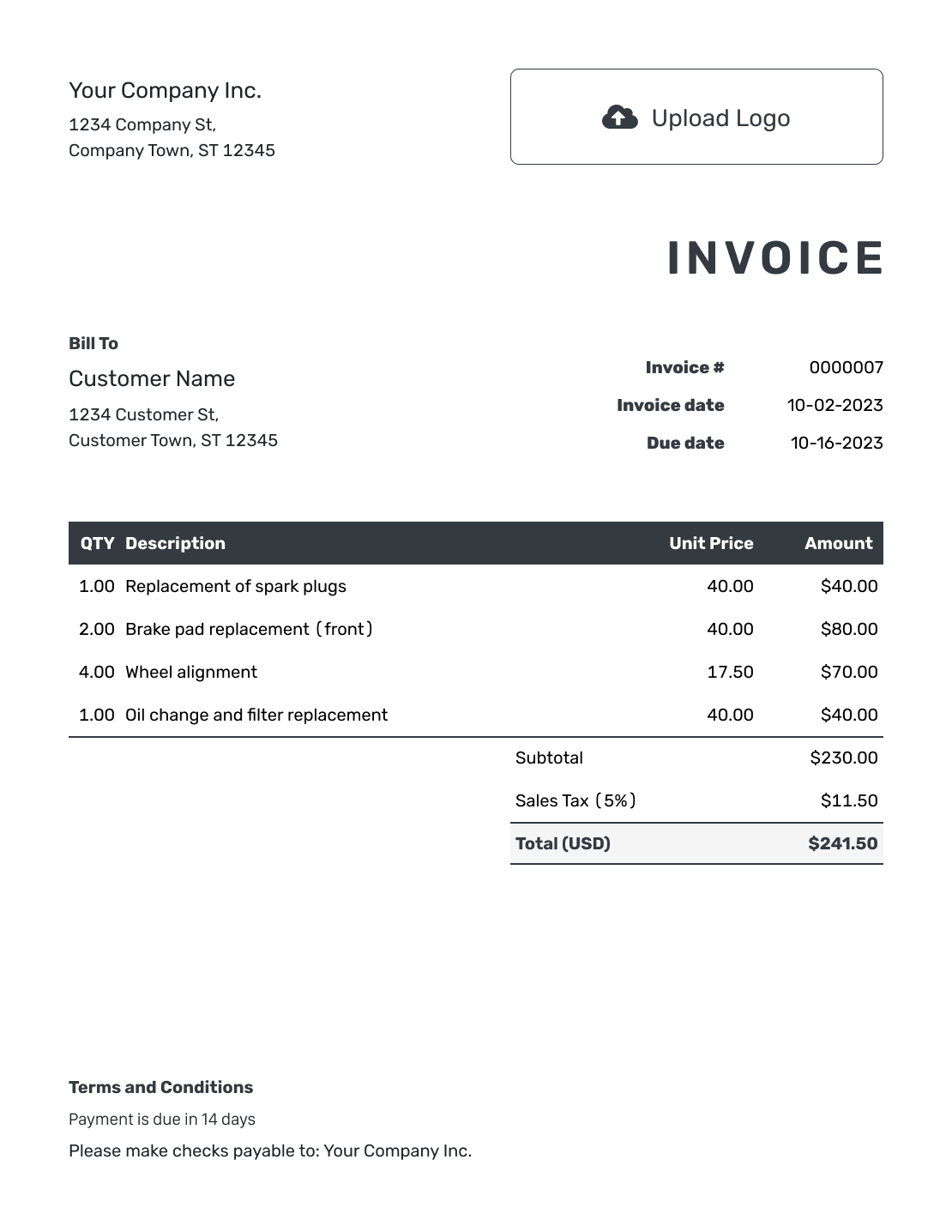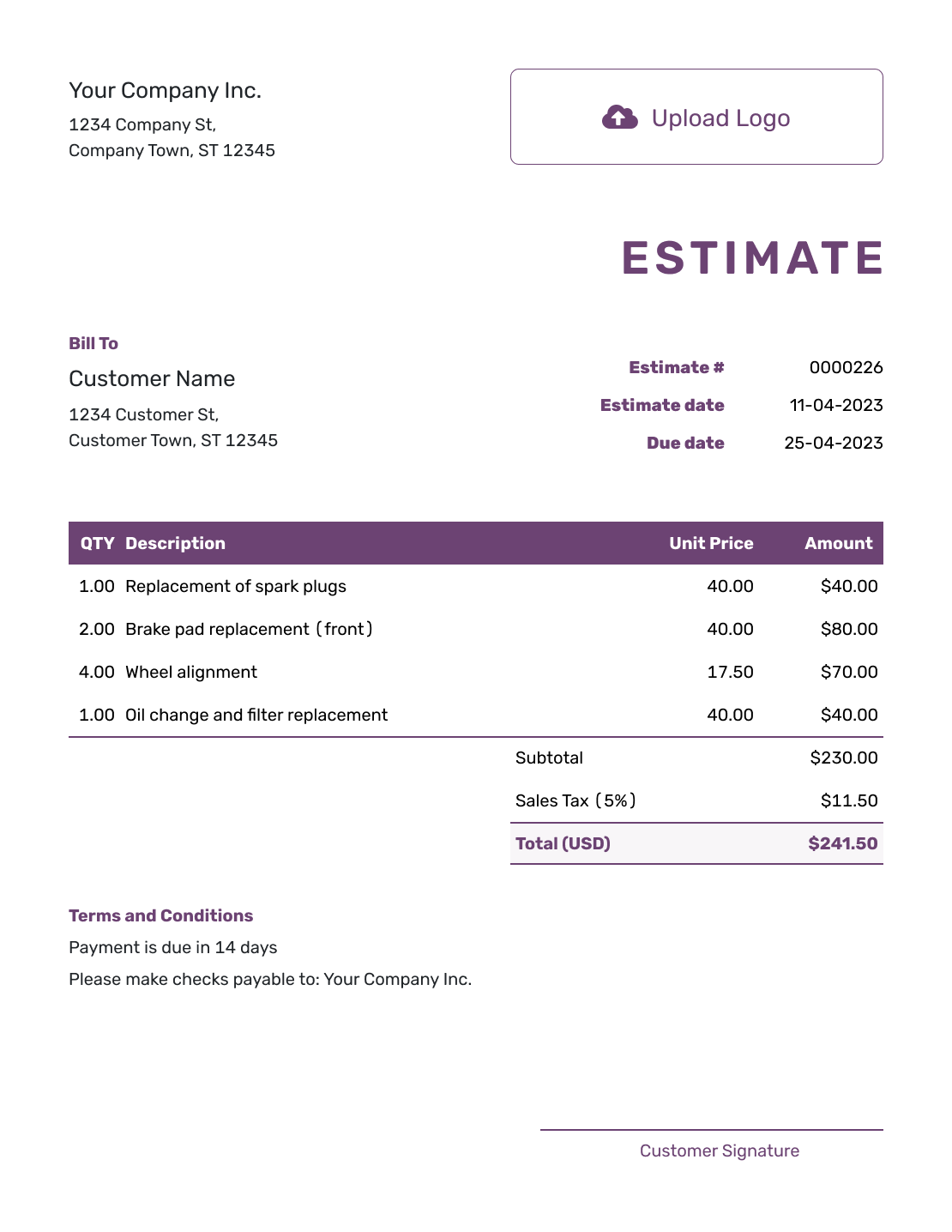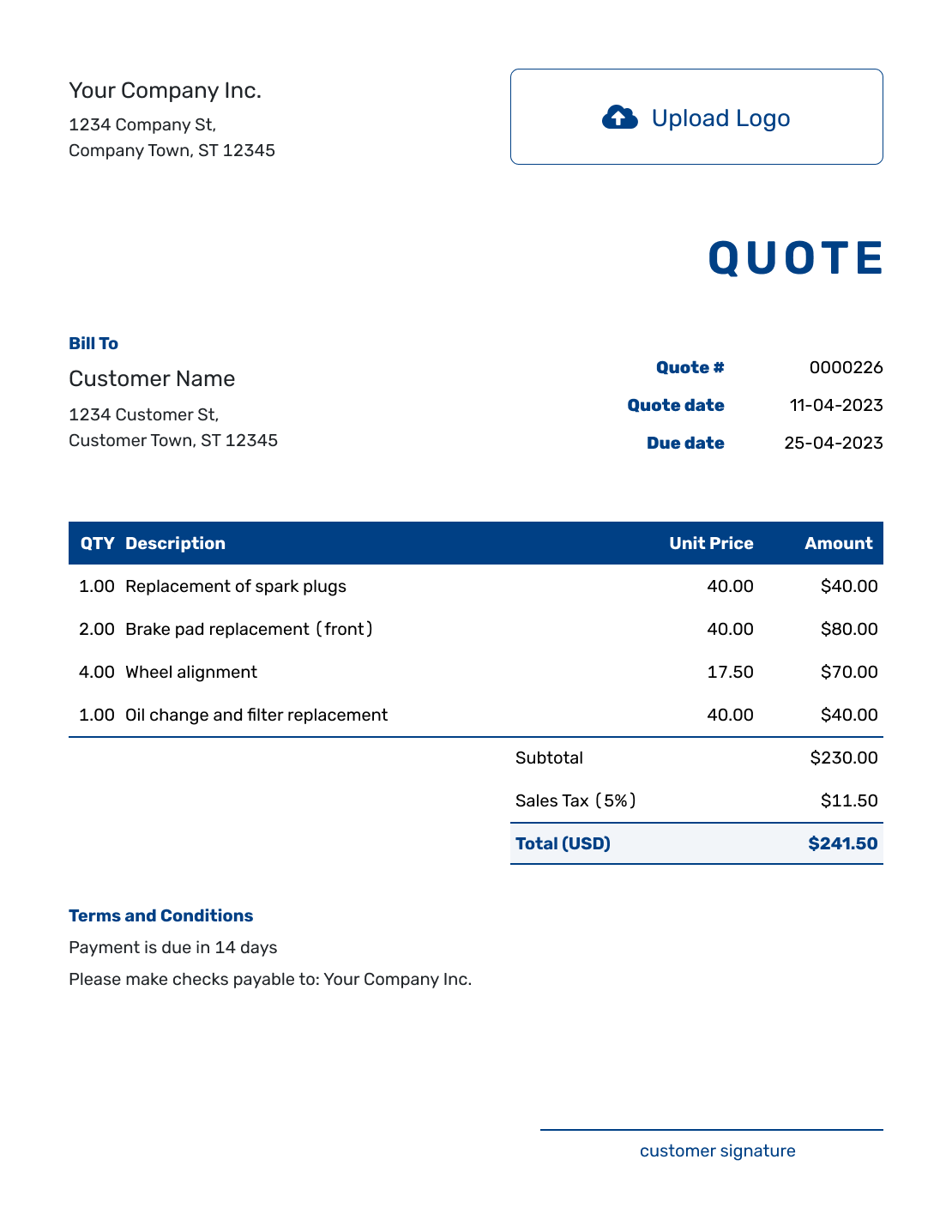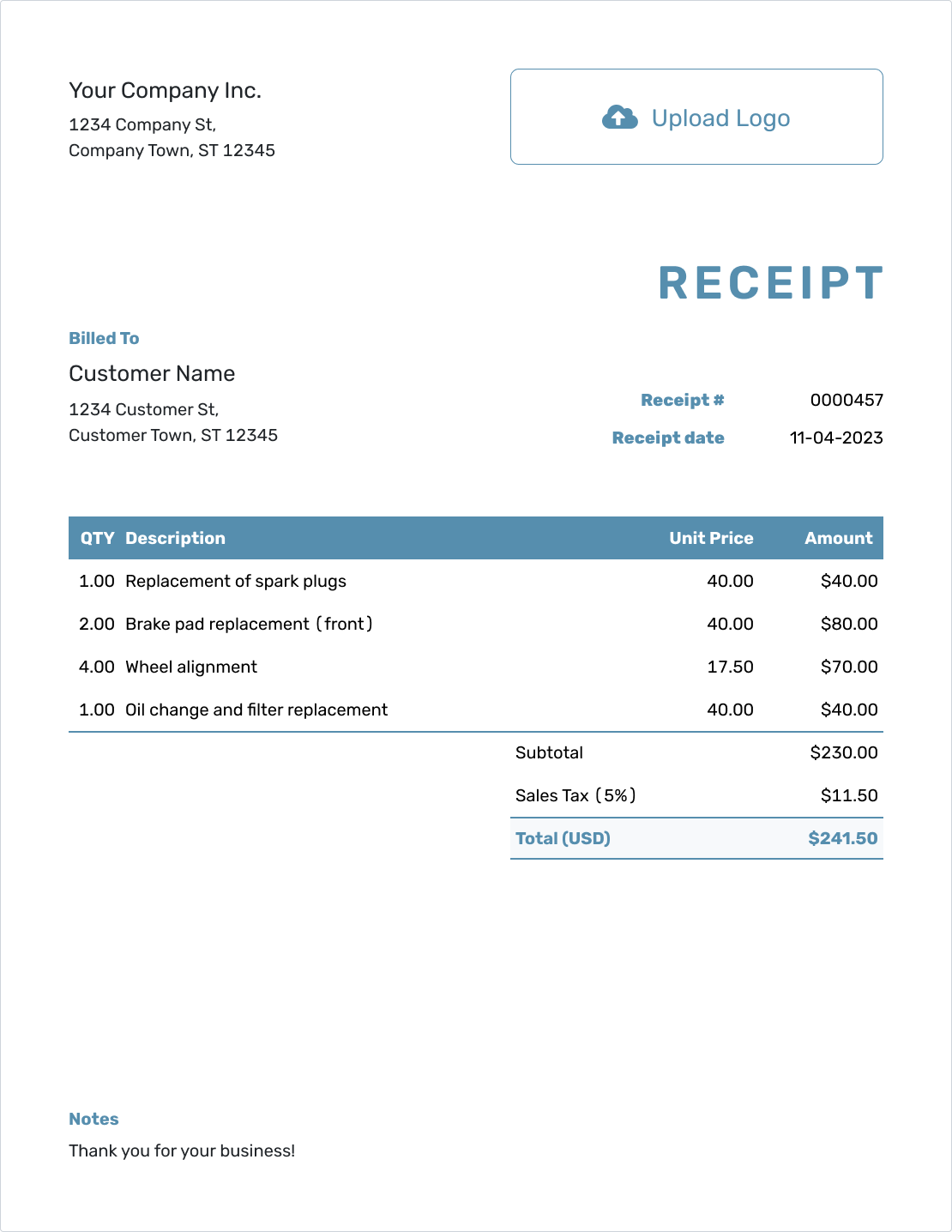Understanding
Journal Entries
Est. reading time: 6 min

Journal entries are simply a way to record your business transactions. Think of it like keeping a diary, but instead of writing about your day, you're writing about every financial move your business makes. These entries help you keep track of what comes in and what goes out, ensuring your books stay balanced.
What Is a Journal Entry?
A journal entry is a record of a business transaction. Every time money comes in or goes out of your business, you create a journal entry to keep track of that transaction. This helps you keep track of your finances in an organized way and makes it easy to see where your money is going.
For example, if you buy supplies for your business, you would make a journal entry that notes the cost of the supplies and how you paid for them. If you sell a product, you would make an entry that shows how much you earned and what method of payment was used.
Components of a Journal Entry
A journal entry has a few key parts that help you understand what happened in the transaction. These include:
Key Components of a Journal Entry:
- Date: The date when the transaction took place.
- Accounts Involved: The names of the accounts affected by the transaction. For example, if you bought supplies, the accounts might be "Supplies" and "Cash."
- Debit and Credit Amounts: Journal entries always include a debit and a credit. Debits and credits are used to show where the money is coming from and where it is going. For example, if you paid for supplies in cash, the cash account would be credited, and the supplies account would be debited.
- Description: A brief note describing the transaction to provide context, such as "Purchased office supplies."
Every journal entry must have at least one debit and one credit, and the total of the debits must always equal the total of the credits. This is what keeps your books balanced.
Why Journal Entries Matter
Journal entries are crucial for keeping track of all your financial activities. They help you keep a complete and organized record of every dollar that flows in and out of your business. Without journal entries, it would be difficult to know how much money your business really has or where your funds are being spent.
These records are also helpful when it comes to making decisions. They allow you to see your income and expenses clearly, which helps you decide where to cut costs or where to invest more. For example, by analyzing your journal entries, you might notice that you are spending too much on certain supplies and can negotiate a better price or find a different supplier.
Journal entries also make tax time easier. When you have well-documented entries, it's simpler to prepare your tax returns and provide the information needed to ensure you are paying the right amount. Additionally, if you ever get audited, having clear, organized journal entries can make the process go much more smoothly.
The Docelf Advantage
Docelf helps simplify your financial tracking by making it easy to keep records of your business transactions. With Docelf, you can:
- Create Invoices: Generate professional invoices for your customers, allowing you to track income easily.
- Generate Quotes and Estimates: Provide clear and detailed estimates to potential clients, helping you secure new business.
- Stay Organized: Keep all of your invoices, estimates, and quotes in one place, making it easy to see where your money is coming from and going.
Managing your finances doesn't have to be overwhelming. With Docelf, you can keep your journal entries organized and stay on top of your business finances effortlessly. Ready to make business finances simple and effective? Try Docelf today!




